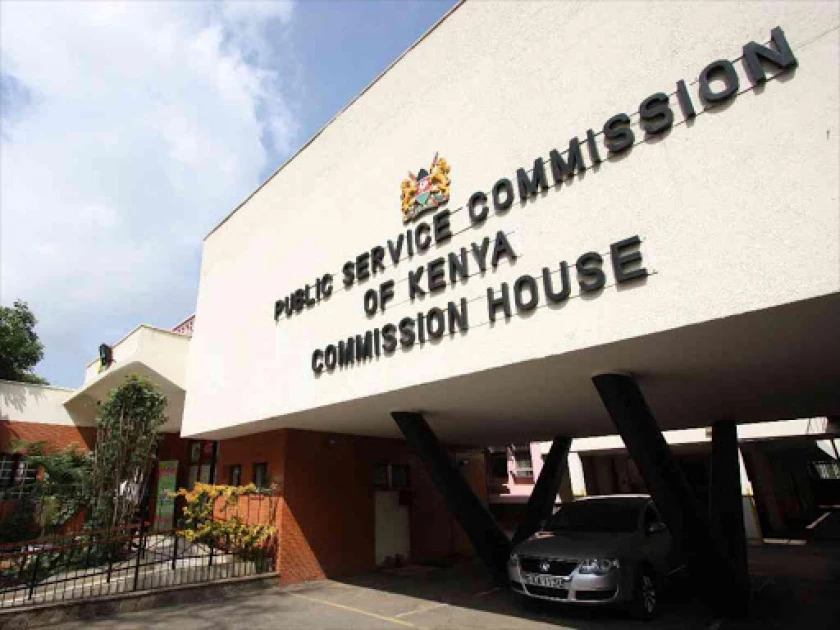The Public Service Commission (PSC) has entered into a partnership with the Kenya National Examinations Council (KNEC) to introduce a real-time digital verification system for academic certificates during the hiring of civil servants.
Speaking on NTV on Tuesday, October 28, PSC Commissioner Francis Meja revealed that the initiative, which is currently in its pilot phase, aims to curb the growing issue of forged certificates among job applicants.
“We have signed an agreement with the Kenya National Examinations Council. Before your appointment, we will verify your certificates,” Meja stated.
Under the new system, the databases of the two institutions will be interconnected, allowing PSC to verify academic credentials using an individual’s index numbers from primary and secondary education records. This process eliminates manual verification, ensuring faster and more accurate background checks.
“We want to interface our systems so that there is no manual intervention in the verification of certificates. KNEC has given us access to their database so that we just pick information as it is,” Meja explained.
The digital system is set to replace the traditional process where PSC manually authenticated academic documents after recruitment. According to Meja, this new approach will help identify and filter out unqualified candidates before appointment, thus enhancing the integrity of public service recruitment.
Additionally, PSC plans to expand the verification process to include university-level qualifications such as Bachelor’s, Master’s, and PhD degrees. This will be done through a partnership with the Commission for University Education (CUE), which will serve as a central repository for higher education credentials.
“Once we create that database and link it, we will deal with this problem of fake academic certificates once and for all,” Meja assured.
The move marks a major step tow

